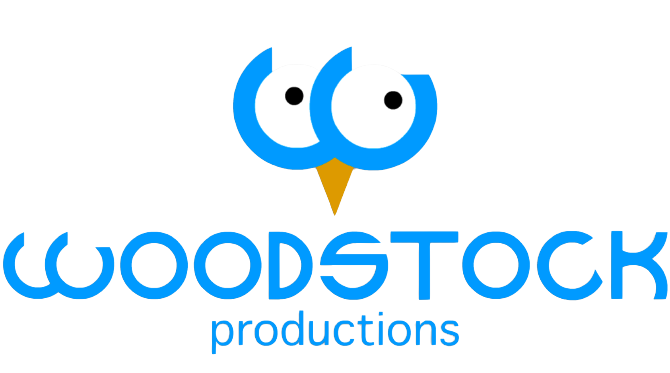How to Get Funding as an Indie Game Developer
The indie game industry has exploded in recent years, giving rise to some of the most creative and innovative games. However, creating a game as an independent developer often comes with a significant challenge: funding. Without the backing of large studios or publishers, securing financial support can feel daunting. Thankfully, there are numerous ways to fund your game, whether you're at the concept stage or ready for launch. Here's a guide to help you navigate the process.
1. Crowdfunding Platforms
Crowdfunding is one of the most popular ways indie developers secure funding. Platforms like Kickstarter, Indiegogo, and Fig allow you to pitch your game directly to potential players. By offering rewards such as early access, exclusive content, or merchandise, you can incentivize backers to support your project.
Tips for Crowdfunding Success:
Create a compelling campaign video that highlights your game's concept and uniqueness.
Set realistic funding goals and provide a clear breakdown of how the money will be used.
Engage with your audience through regular updates and respond to questions promptly.
2. Grants and Competitions
Many organizations offer grants and run competitions specifically for indie developers. These grants are often aimed at supporting innovation, diversity, or artistic expression in gaming. Some examples include the Epic MegaGrants, Indie Fund, and regional arts councils.
How to Secure a Grant:
Research grant opportunities in your region or niche.
Write a strong proposal that outlines your vision, budget, and timeline.
Demonstrate the potential impact of your game, whether it's artistic, educational, or commercial.
3. Self-Funding and Bootstrapping
Many developers start by using their own savings or working on their game as a side project while maintaining a full-time job. While self-funding requires careful financial planning, it allows you to retain complete creative control over your project.
Considerations for Self-Funding:
Set a strict budget and stick to it.
Invest in tools and assets that offer good value for money.
Be prepared for the possibility of a longer development timeline.
4. Publisher Partnerships
Some publishers specialize in supporting indie games. They provide funding, marketing, and distribution support in exchange for a share of the revenue or intellectual property rights.
Finding the Right Publisher:
Research publishers that align with your game's genre and target audience.
Prepare a polished pitch deck that includes gameplay footage, a market analysis, and a clear vision for your game.
Be prepared to negotiate terms that work for both parties.
5. Early Access and Pre-Sales
Platforms like Steam and Itch.io allow developers to release games in "Early Access" or set up pre-sales. This approach provides a way to generate revenue while continuing development, as well as gather valuable player feedback.
Maximizing Early Access Success:
Release a stable, playable version of your game.
Engage with your community to address feedback and improve the game.
Be transparent about your development timeline and planned features.
6. Venture Capital and Angel Investors
While less common, some indie developers secure funding from venture capitalists or angel investors. These investors typically seek a return on their investment and may require equity or revenue sharing.
Pitching to Investors:
Prepare a professional business plan with clear financial projections.
Highlight your game's market potential and unique selling points.
Be clear about what you're offering in return for their investment.
7. Community and Patreon Support
If you have an established fanbase or community, platforms like Patreon or Ko-fi can provide recurring funding. Supporters can contribute monthly in exchange for behind-the-scenes updates, exclusive content, or other perks.
Building a Supportive Community:
Share regular updates and engage with your audience on social media.
Offer meaningful rewards that encourage long-term support.
Show appreciation for your supporters to maintain loyalty.
Conclusion
Securing funding as an indie game developer requires creativity, persistence, and adaptability. By exploring multiple funding avenues and building a strong community around your game, you can increase your chances of bringing your vision to life. Remember, every successful indie game started with a passionate developer willing to take risks and seek out opportunities. With determination and the right strategy, your game can be the next indie success story.


